Please welcome one of our new reviewers, Andrew Linke. He listened and reviewed this audiobook in under a week. Score!

 The Secret of Ji: Six Heirs
The Secret of Ji: Six Heirs
By Pierre Grimbert; Read by Michael Page
Publisher: Brilliance Audio
Published: 19 February 2013 (original French book from 1997)
ISBN: 978-1-4692-0986-9
8 compact discs – 9 hours [UNABRIDGED]
Themes: / assassins / fantasy / magic / barbarians /
Publisher summary:
The Known World is a sprawling realm ruled by mortals, protected by gods, and plied by magicians and warriors, merchants and beggars, royals and scoundrels. In Kaul, the Council of Mothers upholds the great Ancestress; Odrel, the god of Sadness, unites the suffering of the Upper Kingdoms; and everywhere the lethal minions of Zuïa, the cold-blooded judiciary goddess, do her fearsome bidding. But for all the Known World’s wonders and terrors, what has endured most powerfully is the legacy of Ji. Emissaries from every nation — the grand Goranese Empire; desolate, frozen Arkary; cosmopolitan Lorelia; and beyond — followed an enigmatic summons. Some never returned; others were never the same. Blessed and burdened with a staggering secret, the survivors passed their newfound knowledge down through the generations. But now the last of their heirs — and the surpassing wisdom they possess — face a deadly threat. The time has come to fight for ultimate enlightenment…or fall to infinite darkness.
The setup for The Secret of Ji: Six Heirs sounds almost like an overly complex joke: “A barbarian, a mage, a bard, a warrior, and two confused teenagers walk into a tavern filled with assassins…” Some might say that this makes for a bad story, but in this case the fantasy tropes serve as helpful guides as the author introduces his readers to a broad cast of characters. This book isn’t the most original or captivating fantasy tale you will ever read, but it is more than sufficient to fill the gap while you await the next epic fantasy novel from your favorite author.
The novel gets off to a great start by introducing the history of the heirs to the secret of Ji. Many generations ago, representatives from across the world gathered on this small island to witness a mysterious event. Not all who attended this meeting survived, and of those who did, all resolved to never reveal the secret of what they witnessed to anyone except their heirs, who were sworn to secrecy. Now, somebody has hired the most deadly assassins in the known world to kill every person who is an heir to the secret of Ji.
That is where our prototypical characters come in. Six of the heirs to the secret of Ji survive the assassination attempts and, eventually, band together to try and find out who wants them dead, and why. Corenn is a leader the matriarchal government of her homeland who also happens to be a mage, though her skills as a politician and diplomat are more significant than her magical powers. Her niece, Léti, is a frustratingly unpredictable teenage girl, who is pursued by an equally flakey, but more determined fisherman named Yan. These three are all guarded by Grigan, a solid warrior who could have come from virtually any fantasy novel, but serves well in his roll as protector and sometimes mentor. Rounding out the group are Rey, a delightfully roguish actor, and Bowbaq, a gigantic, pacifist barbarian who can communicate with animals.
The author’s narrative style is very comfortable to listen to, with the close third-person perspective of the narrative slipping easily from one character’s mind to the next, depending on the dramatic needs of each scene. This fluidity of narration was a little surprising to me after the several first person, or strictly focused third person, stories I have read recently, but it serves the story well. Other than Léti, who I feel was underused except in the introduction and final pages of the book, each character has a distinct voice and perspective. The passages which follow Rey and Bowbaq are particularly delightful.
Now for the complaints, which are thankfully few. The story begins with a first person narration from Léti, which recounts the history of the secret of Ji in the form of a memoir or letter. This tale is interrupted at several points by scenes that set up the assassination attempts on the heirs to the secret which, while well written, feel completely out of place. Better to have put these scenes together in a second prologue, or in the first chapter, than to have them interrupt what should have been an unbroken narrative. As I mentioned before, most of the characters are well-written and distinct, but I do feel that Léti was underused for much of the story. This is clearly the first book in a series, which will likely follow her as she grows more mature, but that does not excuse her changeable, even vapid, attitudes throughout the middle of the story. Finally, the author describes the world as using a somewhat metric calendar in which weeks, days, and even hours are broken into units of ten. The depth of world building here is quite good, and as I turn to a text version of the book to check my spelling of names, I find that the words are not so distracting in print, but in the audio version the frequent use of phrases like dékades (weeks of nine or ten days), decidays (hours), centidays (minutes) is distracting.
The Secret of Ji: Six Heirs is a recent translation of a French fantasy novel from 1997, which might explain some of the dated feel of the story, as well as the few awkward phrases that pepper the book. While it is not perfect, and the ending is clearly setting up a sequel, it is certainly an enjoyable fantasy adventure centered around a truly mysterious event. I look forward to the remaining volumes in the series being translated into English and will certainly find time to read them while awaiting new entries in more recent series.
The audiobook which I listened to was produced by Brilliance Audio and, other than the aforementioned frustrations with hearing certain phrases spoken aloud, was excellent. The narrator used distinct voices for each character, but avoided overly gravel, faux-feminine, or accented tones. Each disc opened and closed with a brief piece of music, which lasted just long enough to cue the listener that the time had come to change discs. I also appreciated that the last ten seconds of each disc were repeated at the beginning of the next disc, to draw the listener comfortably back into the story.
Posted by Andrew Linke

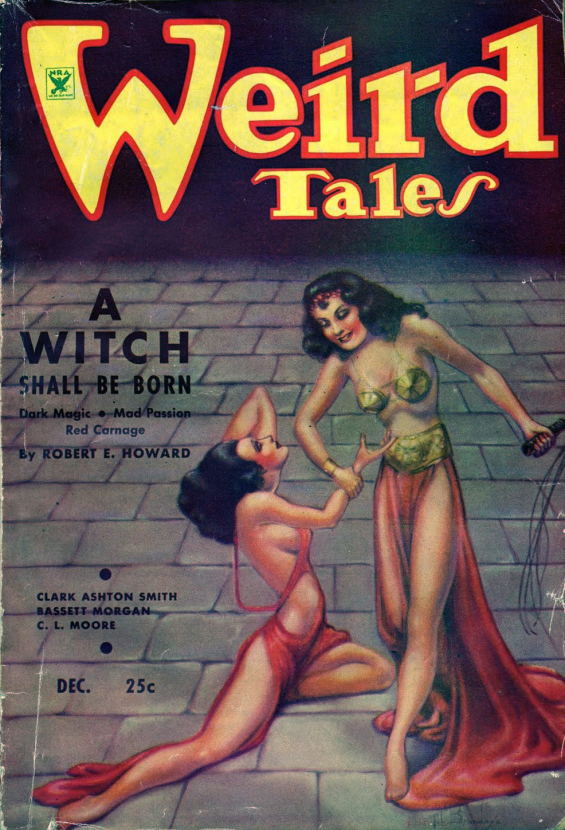
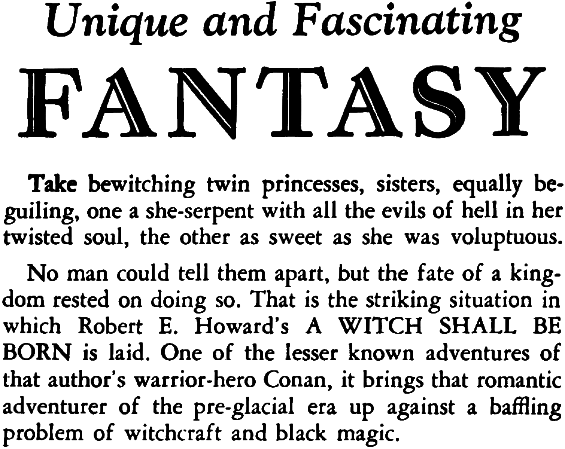
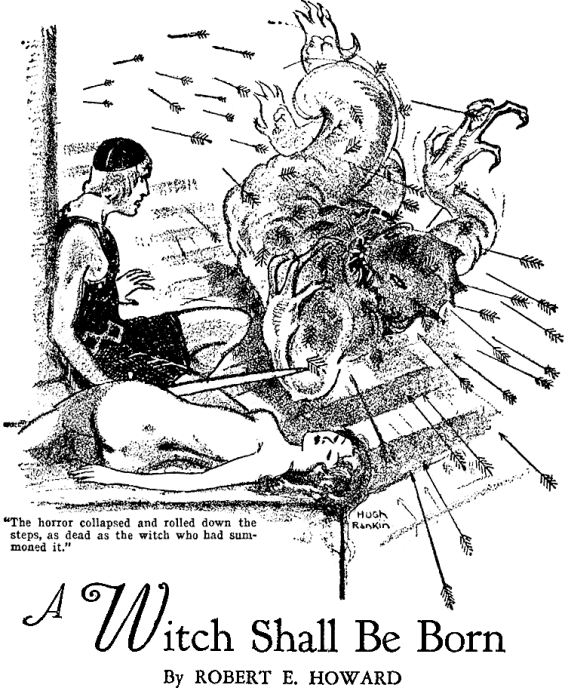
 A Witch Shall Be Born
A Witch Shall Be Born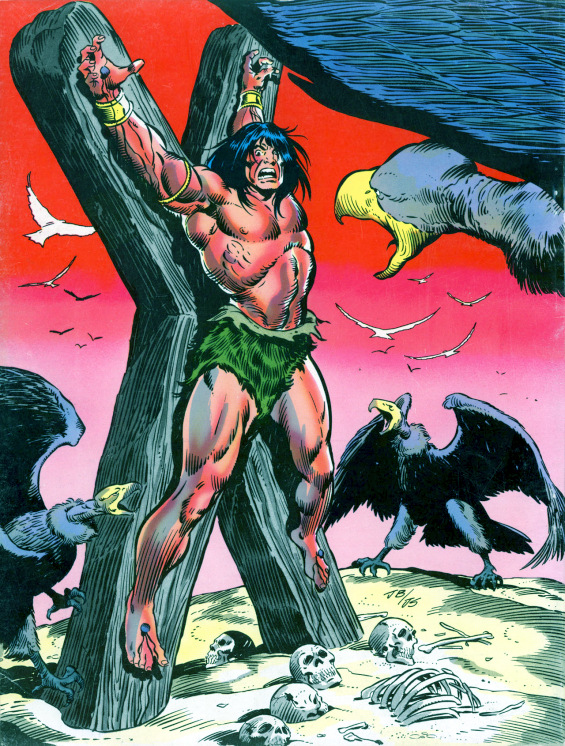

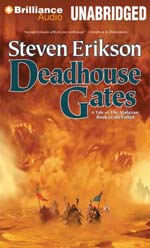 Deadhouse Gates (Malazen Book of the Fallen #2)
Deadhouse Gates (Malazen Book of the Fallen #2)
 The Secret of Ji: Six Heirs
The Secret of Ji: Six Heirs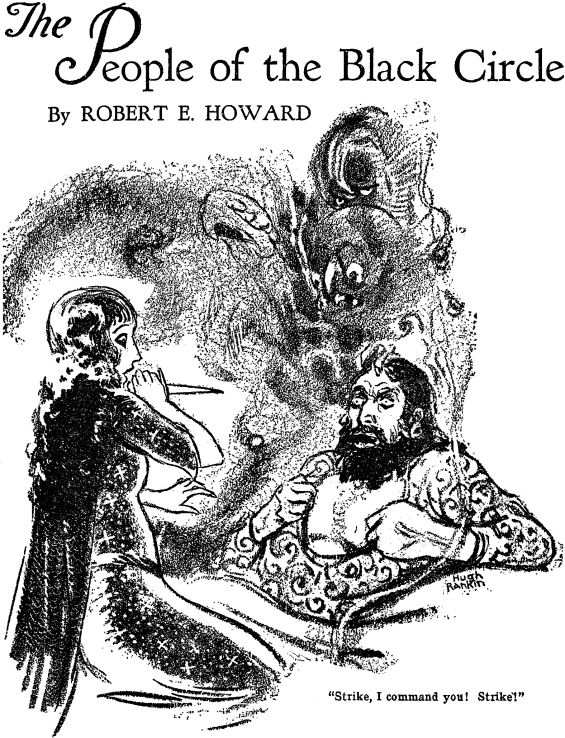
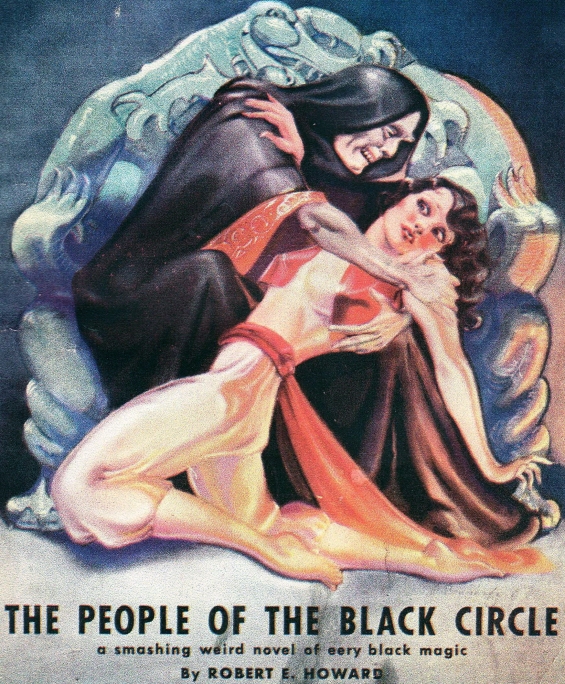
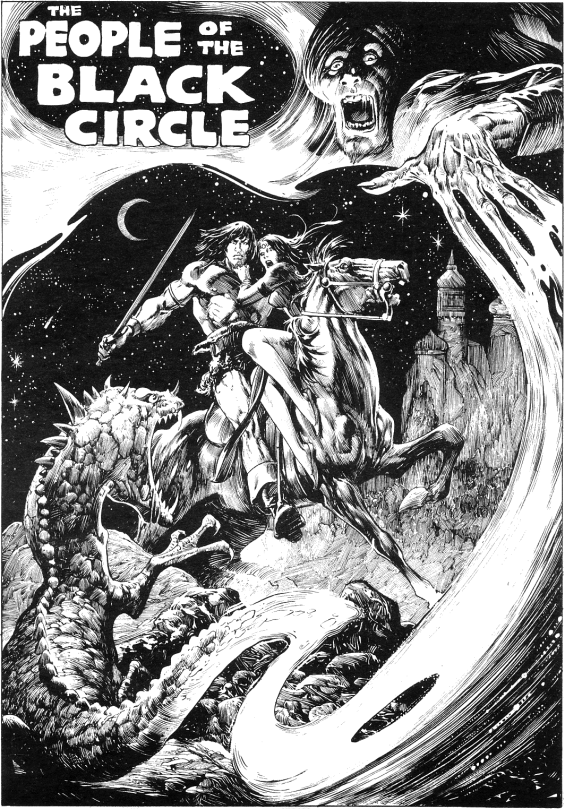
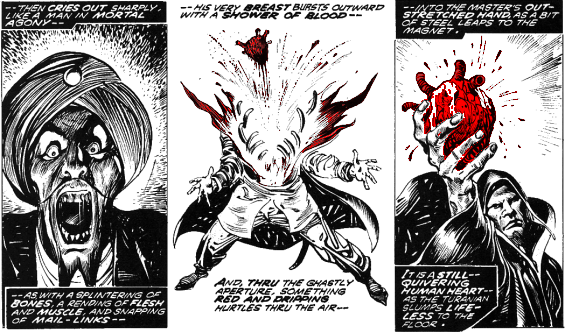
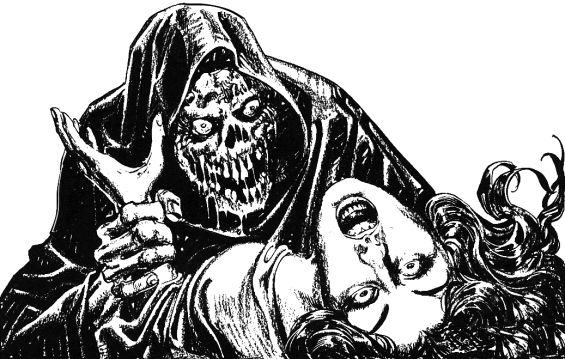
 Technomancer (Unspeakable Things, Book One)
Technomancer (Unspeakable Things, Book One)